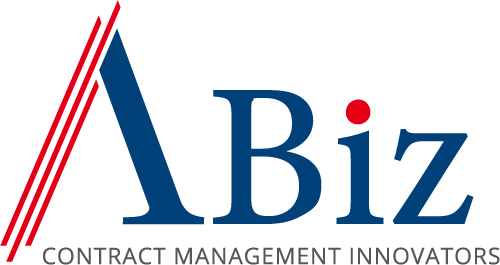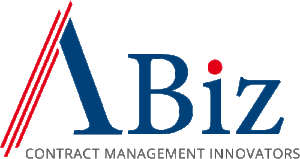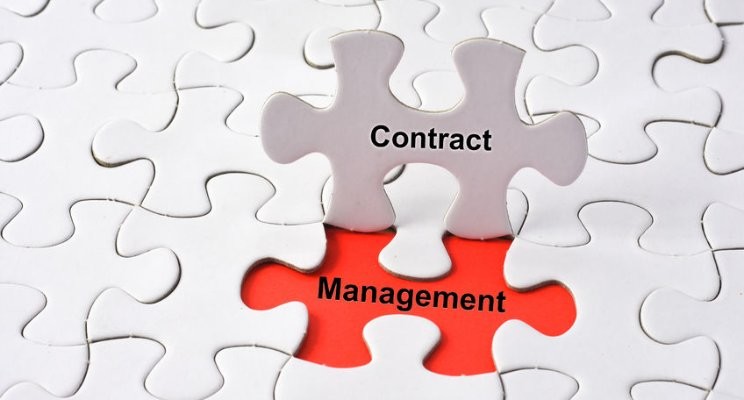As we previously explored, there are many things a commercial contract manager (CCM) can contribute to enhancing a company’s financial position in the pre-execution phase. This post will look at some of the things we can do in the post-execution phase of the contract lifecycle.
Once the contract is signed, a commercial contract manager has the opportunity to make continuous contributions to profitability and cost containment for the life of the contract.
- Validating invoices associated with the contract to ensure vendor invoices match contract pricing and invoices are accurate. This is often an area where errors occur and can be an area of significant savings. If validation cannot be done on a regular basis for all contracts, audits of the highest value contracts should be done on a rolling basis to ensure invoice accuracy.
- An important function of the contracts team is management of obligations and deliverables. Maintaining compliance with all contractual obligations will safeguard against payment of penalties, will reduce disputes and will improve client satisfaction.
- A derivative of the obligation management activity is ensuring performance of obligations are not over or under performed:
o Over-performance of obligations adds unnecessary costs and erodes profitability. In some cases, suppliers may seek and often receive additional revenue from clients to continue with the higher level of service being provided.
o Under-performance of obligations will, at best, lead to client dissatisfaction or disputes. In some cases, penalties may be imposed on suppliers for under-performance, such as the case when a supplier misses a service level.
- Ensuring contract renewals happen on time. As a supplier, sales contracts which expire and are not renewed by the client due to overlooking expiration dates is a serious source of revenue leakage. Management of the contracts and timely renewals will ensure a continued source of revenue.
- Another often overlooked opportunity and huge source of revenue leakage in a supplier sales contract is the ability to adjust prices annually for cost of living (COLA). Without active management of this contractual right, adjustments are often not made, thus losing out on this source of increased revenue.
- In a purchasing contract, a CCM has many opportunities to identify savings such as consolidating purchases to provide maximum discounts based on tier levels, or even buying forward if vendor price increases are on the horizon.
- The CCM can conduct a contractual risk and optimization review. Following that review and identification of legal and business terms that limit flexibility, increase risk or reduce contractual rights, the CCM can often negotiate a favorable change to those clauses, sometimes to offset concessions made in other areas during times when a contract is undergoing change or renegotiation.
I invite others to share your ideas and experience on how you have contributed to a company’s bottom line results in the post-execution phase.
Coming up next: How automation and efficient contract administration can make a positive impact to a company’s financial position.
Please visit our ABiz Corporation website at www.abizcon.com and follow us on our LinkedIn, Facebook, Google+ and Twitter pages.



